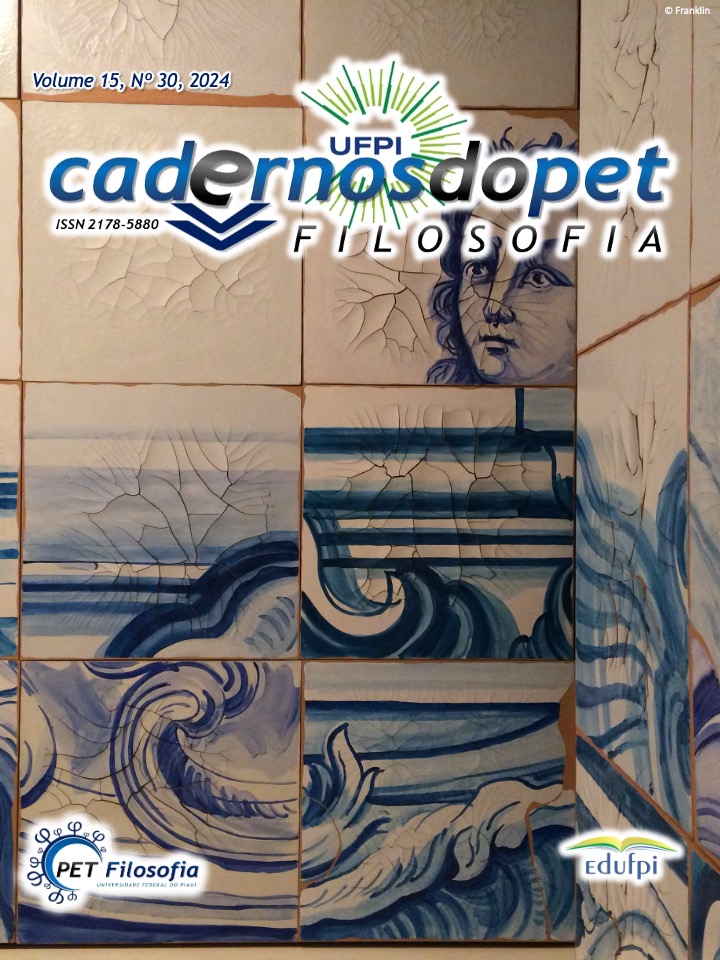UMA CRÍTICA À LINGUAGEM HEREDITÁRIA DO PERÍODO COLONIAL NO BRASIL E A POSSSIBLIDADE DE UMA LINGUAGEM ALTERNATIVA
DOI:
https://doi.org/10.26694/cadpetfilo.v15i30.6320Keywords:
Linguagem; colonização; cotidiano; Filosofia tradicional; Heidegger; NietzscheAbstract
This article examines the implications of traditional philosophical language inherited from Portuguese colonization in Brazil, still prevalent in academia and secondary education. Through a critical reading of Brazil's early colonial history, we analyze the aspects of this perspective shaping philosophical tradition. Friedrich Nietzsche's antidogmatic thought and Martin Heidegger's concept of calculative thinking inform our critique. Inspired by Paulo Freire's "Pedagogy of the Oppressed," our study explores students' everyday language, aiming to develop an alternative philosophical language rooted in social reality.








